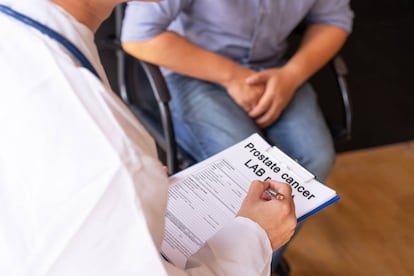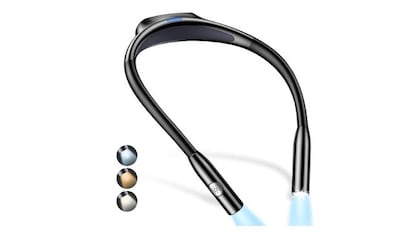What young men need to know about prostate cancer
The number of men under 50 diagnosed with prostate cancer has increased 600% in the last 20 years

Ask a young guy about prostate cancer and many will say, “That’s an old man’s disease.” While it is true prostate cancer occurs primarily in older men – the average age at the time of diagnosis is 66 – one in 38 men between the ages of 40 and 59 will develop prostate cancer. According to recent research, the number of men under 50 diagnosed with prostate cancer has increased 600% in the last 20 years. Prostate cancer can and does develop in younger men and when it does, it is often more aggressive and deadly.
Here are five facts young men need to know about prostate cancer:
1. Early prostate cancer has no symptoms
If a man is experiencing prostate cancer symptoms, the disease is most likely at an advanced stage. Symptoms that may prostate cancer include:
One in 38 men between the ages of 40 and 59 will develop prostate cancer
- Frequent urinating or trouble urinating
- Difficultly starting or stopping a urine stream
- Blood in semen
- Pain or discomfort in the pelvic area
- Bone pain
2. Family history increases the likelihood of prostate cancer
Men who have a family history of prostate cancer are approximately three times more likely to develop the disease than a man who does not. If someone in your family has been diagnosed, it is recommended that you begin prostate cancer screenings early.
3. Prostate cancer in young men is more aggressive
Older men are more likely to be diagnosed with prostate cancer but this form of prostate cancer typically grows slowly and is not as aggressive. In fact, many older men diagnosed with early-stage prostate cancer die from other causes. In its early stages, prostate cancer often has few if any symptoms. This means that if aggressive prostate cancer is diagnosed in men younger than 50, it may have already progressed to a later-stage cancer and be more difficult to treat.
4. What you eat matters
Staying fit can reduce the risk of prostate cancer
Eating too much red meat increases the risk of developing prostate cancer. Fried and processed foods can also accelerate the cancer’s progression. Men should aim to eat a diet with lots of fruits, vegetables, beans, whole grains, and lean meat.
5. Physical activity also matters
Exercise has countless benefits to a man’s overall health. When it comes to prostate health, staying fit can be an effective preventative tool to reduce the risk of prostate cancer. Men who are overweight have an increased risk of developing prostate cancer and men who are considered obese (body mass index 30 or higher) are even more at-risk.
All young men should have an annual physical exam with their doctor. As they approach the age of 40, they should discuss their prostate health with their healthcare provider and learn as much as possible about prostate cancer screening risks and benefits.
Dr. Samadi is a board-certified urologic oncologist trained in open and traditional and laparoscopic surgery and is an expert in robotic prostate surgery at Lenox Hill Hospital. He is a medical correspondent for the Fox News Channel's Medical A-Team Learn more at roboticoncology.com. Visit Dr. Samadi's blog at SamadiMD.com. Follow Dr. Samadi on Twitter, Instagram, Pinterest and Facebook.
Tu suscripción se está usando en otro dispositivo
¿Quieres añadir otro usuario a tu suscripción?
Si continúas leyendo en este dispositivo, no se podrá leer en el otro.
FlechaTu suscripción se está usando en otro dispositivo y solo puedes acceder a EL PAÍS desde un dispositivo a la vez.
Si quieres compartir tu cuenta, cambia tu suscripción a la modalidad Premium, así podrás añadir otro usuario. Cada uno accederá con su propia cuenta de email, lo que os permitirá personalizar vuestra experiencia en EL PAÍS.
¿Tienes una suscripción de empresa? Accede aquí para contratar más cuentas.
En el caso de no saber quién está usando tu cuenta, te recomendamos cambiar tu contraseña aquí.
Si decides continuar compartiendo tu cuenta, este mensaje se mostrará en tu dispositivo y en el de la otra persona que está usando tu cuenta de forma indefinida, afectando a tu experiencia de lectura. Puedes consultar aquí los términos y condiciones de la suscripción digital.




























































